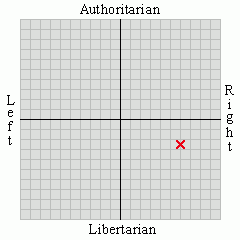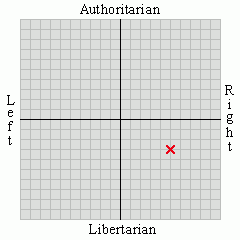As attempts to elevate the US-Chinese bilateral relationship get underway through the creation of a G-2 to address global problems such as the international financial crisis, the proliferation of weapons of mass destruction and climate change, it is important to remember that such a strong relationship between the two countries does not already exist because their values, capabilities and interests have always been mismatched. Instead, the US should seek the assistance of the international community to deal with the problems created by China's rise.
Much of China's incompatibility with the West stems from its need for export markets and resources and its determination to not use its economic leverage for political gains. These values often bring China into opposition with the West's efforts to prevent human rights abuses in the developing world in the following ways:
• China's ongoing arms trade in Sudan and Zimbabwe has contributed to instability there, despite being urged by the rest of the world to restrain weapons sales.
• The Chinese concept of sovereignty has prevented it from supporting humanitarian intervention into countries where its state-owned businesses have vast resource holdings and development interests, such as Angola, the Democratic Republic of the Congo and Myanmar. In September 2007, China and Russia blocked a UN Security Council resolution that condemned Myanmar for using force against Buddhist monks that were leading antigovernment protests. Instead, China insisted that these actions were merely an internal affair.
• China opposes sanctions against Iran due to its growing dependence on imported oil and gas.
• A lack of transparency and accountability in China's authoritarian system inevitably makes cooperation on issues such as product safety difficult. The economic incentives felt by local actors to maintain the status quo undermine efforts to comply with international obligations.
• A lack of transparency with regards to military capabilities may allow China, as the weaker power, to use uncertainty as a deterrent. The US believes that transparency would allow China's neighbours to gauge its intentions and avoid mishaps.
• The US wants China to reform its currency and to enact effective intellectual property rights, whereas China aims to conduct business in the way it sees fit.
• The Chinese government's strategy of aggressively promoting growth through investments by state-owned entities, and accompanying this with regulatory measures to ensure the state's continued dominance of the economy, not only reverses previous market-based reforms and privatisation but also stifles foreign and domestic competitors within China. However, this largely reflects the current global trend of state capitalism, whereby states have rejected the free-market doctrine through excessive intervention to secure the survival of key industries. In China it is doubtful that these interventions will be temporary, and the fear is that politicians will over-regulate the economy, making it inefficient, corrupt and stripping it of its ability to innovate.
The primary goal for the US must therefore remain true market-oriented reform in China through greater liberalisation and a commitment that Beijing will open state-owned companies to foreign investors. Resolutions of other issues must be pursued with the help of the countries over which China believes it wields considerable influence; the developing world. The US must therefore engage with these new allies to fulfil its objectives.
Subscribe to:
Post Comments (Atom)



No comments:
Post a Comment